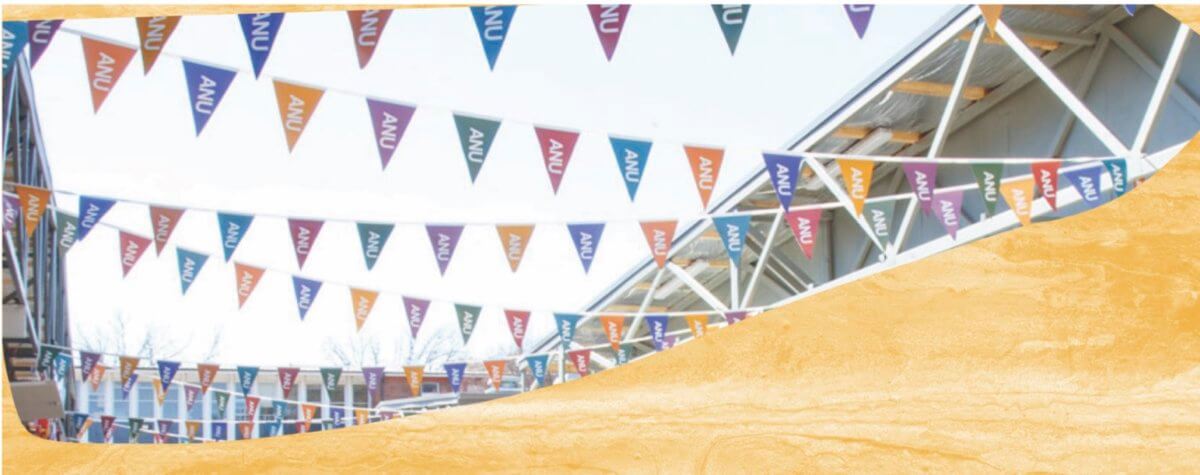To say that our education system undervalues Indigenous knowledge is a severe understatement. A lack of understanding of Aboriginal and Torres Strait Islander peoples’ history, culture, and identity is pervasive throughout education at all levels. And while there has been some change in the right direction at ANU, we still have a lot of work to do.
As a young Aboriginal woman coming to this university, I connected with the Tjabal Indigenous Higher Education Centre and began a minor in Indigenous studies through an Arts degree. The difference between the culture of Tjabal and other young Aboriginal and Torres Strait Islander students, and the knowledge in Indigenous studies classes, was stark. There was a disconnect between our cultures and the wider university institution.
Our identity as young Aboriginal and Torres Strait Islander people is linked with every aspect of our lives – including our educational journey. But the link between our identity and the education system is weak.
We have a lack of Aboriginal and Torres Strait Islander lecturers, tutors, and course convenors. We have a lack of Aboriginal and Torres Strait Islander peoples in executive roles. We have a lack of staff, of cultural teaching, of our stories and knowledge in classes throughout the university.
This lack of Indigenous education at all levels leaves students, Indigenous and non-Indigenous alike, at a severe disadvantage. Not only are young Aboriginal and Torres Strait Islander people unable to further their understanding of history and culture, but we are also creating non-Indigenous graduates who are entering the workforce with little knowledge of First Nations issues and cultures. Inevitably, non-Indigenous people will work with Indigenous people after graduation, so this lack of knowledge is damaging. Educational institutions exist as places to shape our future leaders, but our system is failing us. Without genuine steps to broaden our understandings of Indigenous culture, we are producing a generation of leaders who will never know otherwise. The ANU is making progress in creating a cultural shift to incorporate more Aboriginal and Torres Strait Islander voices into the curriculum and to diversify our staff. But I can’t help but ask – is this too little, too late? There will be thousands of students that pass through this university without ever having an Aboriginal or Torres Strait Islander lecturer. There will be thousands of students that take Indigenous courses that are 50 years out of date. But, we are a mere cog in the business of the university, so we must accept what it gives us.
We have waves to go before the education system is inclusive of First Nations peoples. Aboriginal and Torres Strait Islander peoples have waited for the changes, and they are slowly happening. I can only hope the pace will quicken to a sense of urgency.
Makayla is a proud Wiradjuri woman from Cootamundra. She is in her fourth year of undergraduate study in Psychology and Arts and is passionate about diverse and inclusive advocacy on campus. The views reflected here are her own and do not aim to reflect other Aboriginal and Torres Strait Islander people at ANU.
We acknowledge the Ngunnawal and Ngambri people, who are the Traditional Custodians of the land on which Woroni, Woroni Radio and Woroni TV are created, edited, published, printed and distributed. We pay our respects to Elders past and present. We acknowledge that the name Woroni was taken from the Wadi Wadi Nation without permission, and we are striving to do better for future reconciliation.
